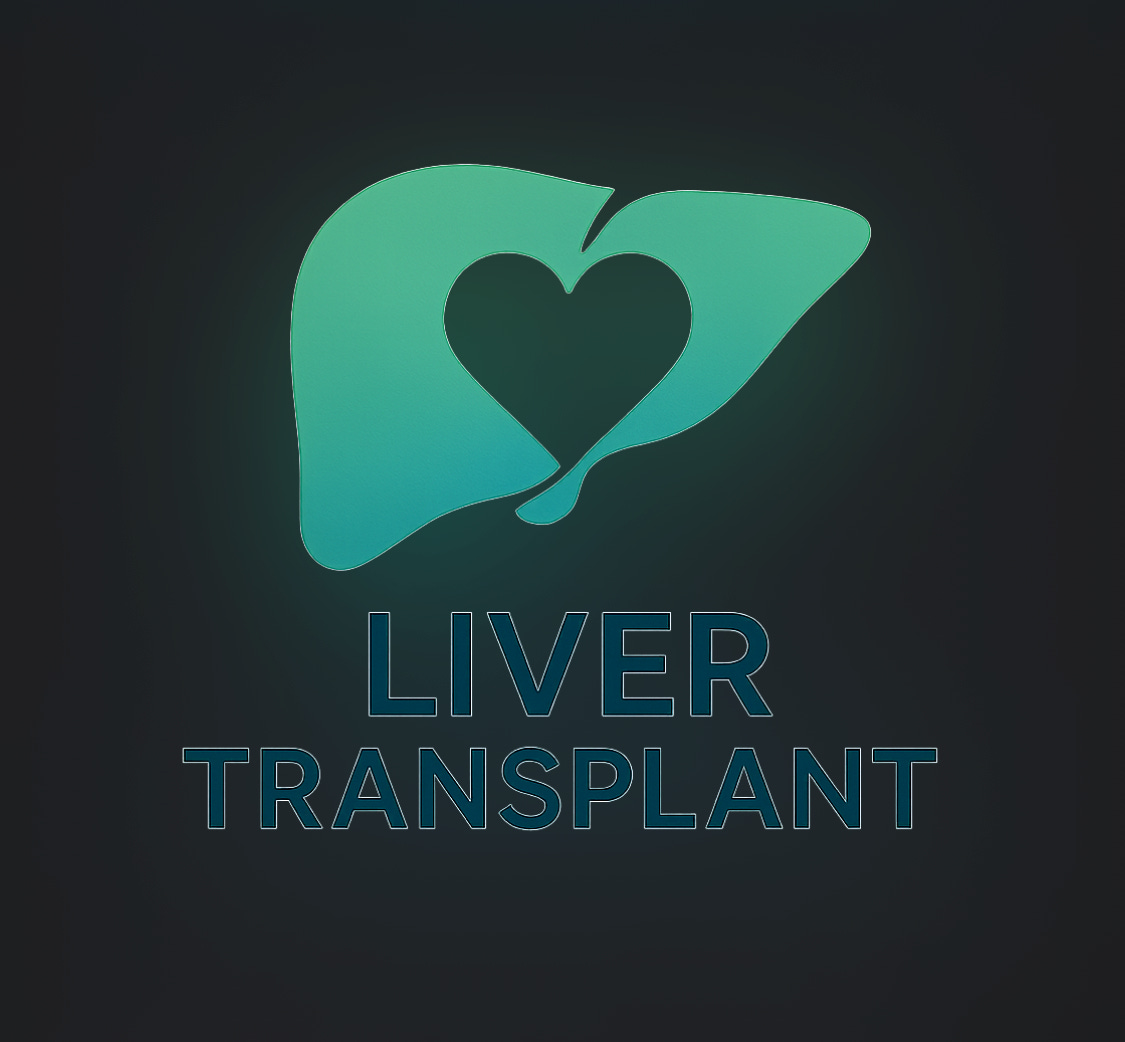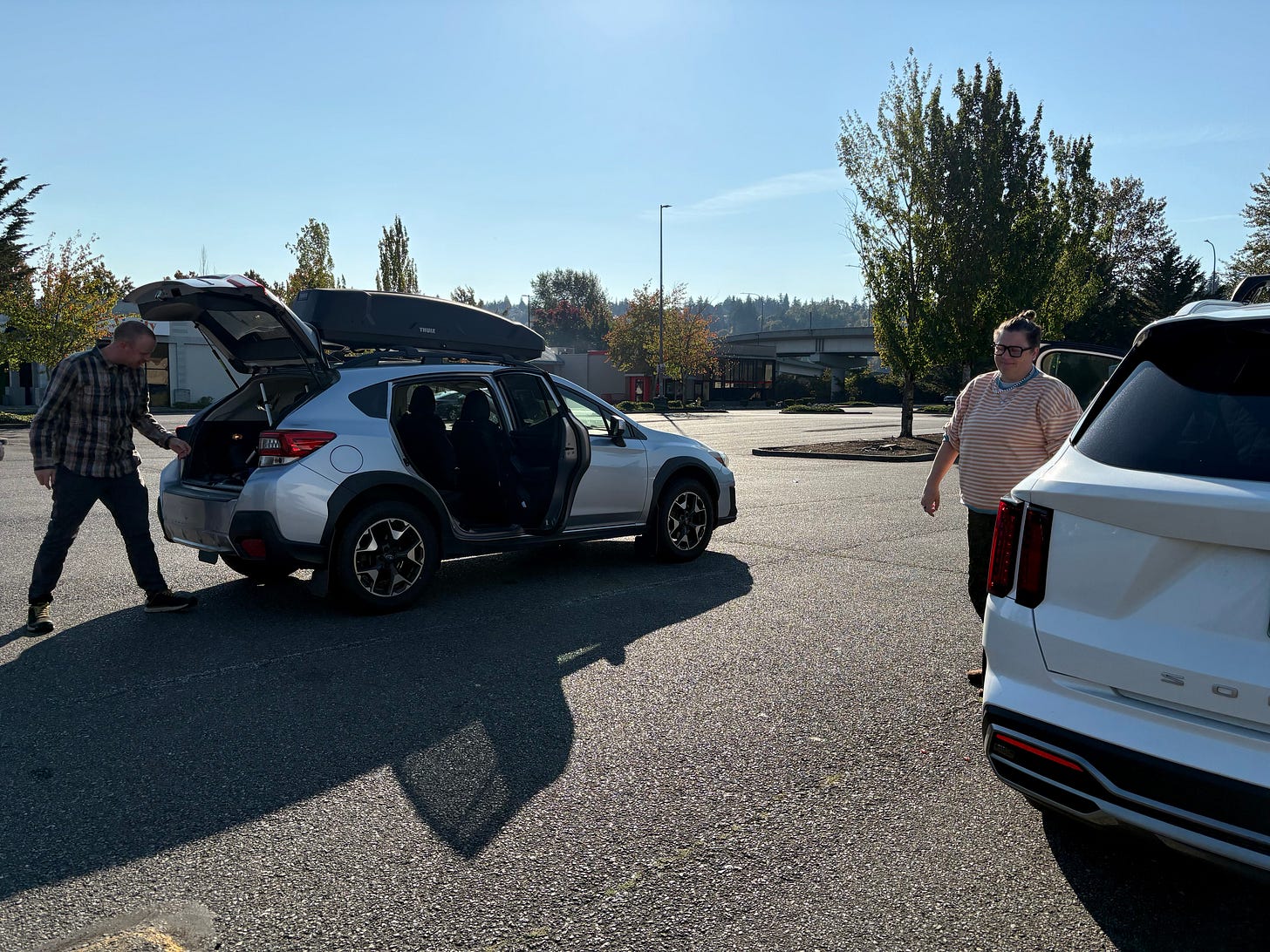My Life Didn't Get the Memo
When Enough is Enough, the Saga of Moldy Bread, and Recognizing Silver Linings
Adding this as an addendum to the liver transplant series. What happens when life doesn’t get the memo that enough is enough? If you are facing overwhelming circumstances, you are not alone. Be gentle with yourself!
When I vanish, it generally means that life has become overwhelming. Such was the case last Wednesday when my husband took a turn for the worse and then got worse and worser until Saturday, when we decided we needed to return to the ER at the University of Washington Medical Center. He took labs right before he got sick, and they were the best they had ever been. And yet, we were back to the same overwhelming nausea and stomach pain he had experienced before the liver transplant surgery.
This morning, my friend wrote me and said, “Thinking about you and Scott. The continual fear and uncertainty has to be exhausting.” Yes, it is. When something so common as moldy bread can send you back to the hospital, it is exhausting and scary. Try as we might to be careful, the area where we live went from dry summer to something resembling a drippy rain forest overnight, and everyone I know ended up with moldy bread almost instantaneously.
We were warned. . .
Google AI summary: Moldy bread can pose a serious health risk for transplant patients and could potentially cause gastritis. Gastritis is inflammation of the stomach lining. For transplant recipients, whose immune systems are suppressed by anti-rejection medications, the risks from mold are significantly higher than for healthy individuals.
Molds can produce toxic compounds called mycotoxins, which can survive cooking and processing. Ingesting these toxins can cause food poisoning symptoms such as nausea, vomiting, and diarrhea. Mycotoxins can also cause inflammation and damage to the gastrointestinal tract, which can trigger or worsen gastritis.
So, after a night in the hospital and a bag full of more medications, we are back home. He is recovering. The words of the transplant nurse coordinator were, “Healing will be slower due to his suppressed immune system.”
I am smarter today than I was this time last week. I realize now that the toxins from liver failure are not the only cause of the symptoms, which I now understand better as gastritis, not specifically from liver disease. Other toxins (like mold) can cause the same exact symptoms. It is dangerous because of dehydration and the inability to eat. The kidneys, which were already compromised, took a hit in their healing process. Getting off the medications for nausea that also put a strain on the kidneys is crucial. Eating is crucial. Getting enough fluids is crucial. All of this is complicated and hard.
One of my relatives said, “I am glad he is OK and there was a simple solution.” Sigh. The word simple does not exist in the vocabulary of liver transplant patients and their caregivers. Something I would not have understood before this journey began last year.
There were so many complications . . .
I had unfortunately gone for my flu and Covid vaccines on the day he began to get sick. I do not suggest getting both at the same time. So, I crawled through the week with a very sore arm, and on one of those days, I couldn’t get out of bed (fortunately, I didn’t actually have to on that one horribly painful day).
The UW and primary care systems that could have helped us make decisions didn’t return calls. That had NEVER happened before. And both of them? Probably indicative of the strain being placed on our medical care providers.
The decision to head back to the UWMC ER meant we had to drive through the snarl of traffic made exponentially worse by two damaged bridges and a third (possibly a fourth?) under construction. We needed help being transported! My days of driving the Los Angeles freeways are a distant memory.
That brings us to the best part of the story.
This life cannot be lived without the support of others. I was once again reminded that the most common reason for not making it onto the transplant list is lack of support. This story below is what that support looks like.
Our neighbor drove us past the point where the damaged bridge had narrowed the highway to one lane, where our son met us and drove us to the UWMC ER. He stayed with us until it was decided to admit Scott for observation overnight. Then he returned to pick us up and deliver us to Scott’s brother’s house for the night. Then, the next day, our sister-in-law drove us to the school where he teaches, and he transported us back to “the meeting place” near the damaged bridge, and our daughter met us and took us home. The traffic was mostly a snarl the entire time.
When our children traded us off, the McConnaughey humor kicked in as they joked about co-parenting us and handing us off to each other in a parking lot. That will be one of my favorite mother memories. My two children, who have faced many challenges themselves, were not only willing to transport their elderly parents across the Seattle snarl at the end of their work days but also managed to see the humor in the situation. Even in the most challenging circumstances, laughter provides a silver lining.




Please know I'm praying for you both. None of this is simple; it's stressful. Support is crucial. Your adult kids are angels - bless 'em. Sending all my love and care . . .
I know it’s overused, but it’s so true, and perfectly applies here. “It takes a village.” I feel like part of the family because you share so openly. It helps me feel not so alone in my own recovery. Thank you. Tell Scott I am praying.